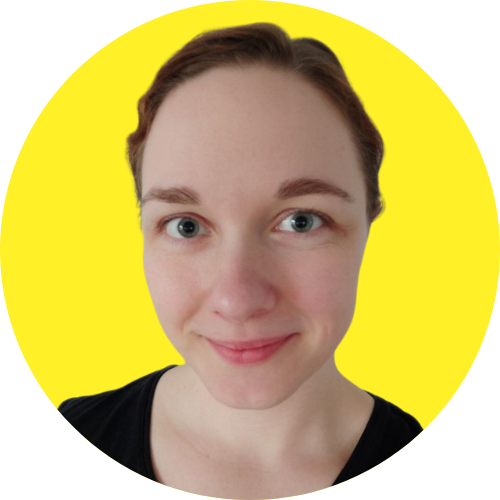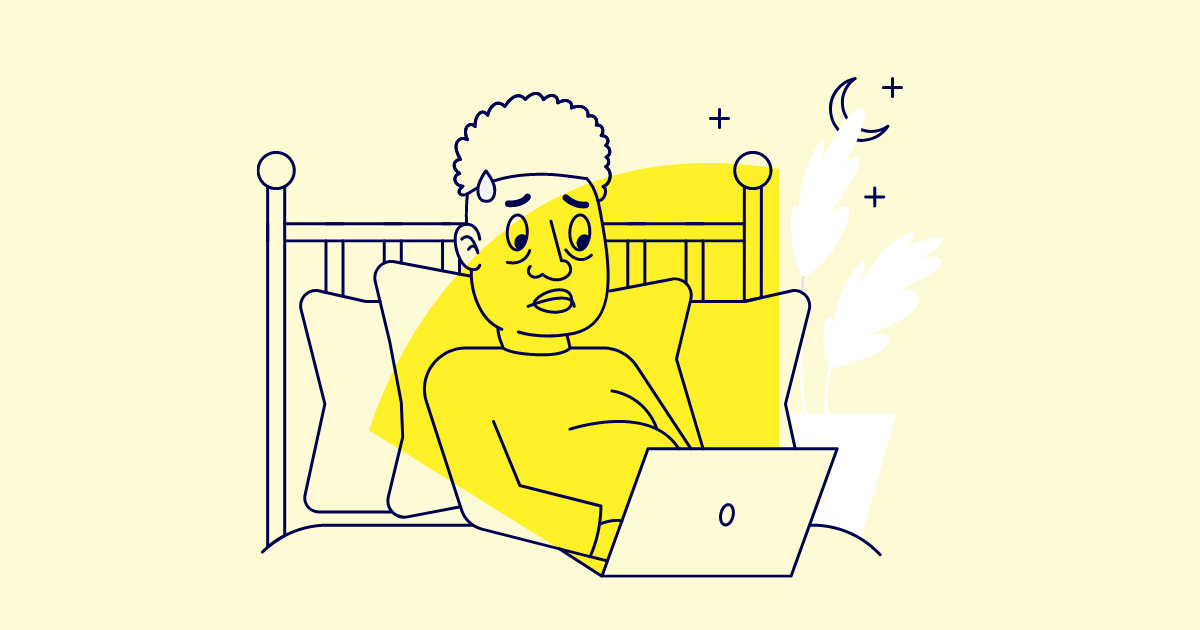We’ve all heard it before: Sleep is very important. And yet, most are not able to get the right amount nor quality of sleep they require to function at their best level. A global sleep study by Philips found that 62% of adults don’t sleep as well as they would like (Killgore, 2010; Philips, 2019). A variety of obvious and not so obvious reasons are often at the root of this problem: Too little time spent in bed due to revenge bedtime procrastination (Kroese, De Ridder, Evers & Adriaanse, 2014), blue light exposure from late screen use and caffeine consumption just to name a few (Walker, 2018). Issues can be related to too much light sleep, too short REM (rapid eye movement) phases or even an unsuitable bedtime.
Gadgets such as smart watches and rings can help to determine where the problem of your slumber struggles lie. However, their recommendations and findings should be taken with caution. None of them is a completely reliable diagnosis tool and further analysis should be done by a doctor or a sleep specialist. Additionally, some people get stressed out about a low “sleep score” on their smart gadget, and end up losing sleep over it. That is clearly the opposite of what we hope to achieve with these tools.
The following are a few tricks you can apply to help yourself sleep better:
1. Take 10-15 minutes in the evening to prepare the next day
Are you often laying awake in bed trying to problem-solve tomorrow while you actually want to sleep? A trick that can help you with limiting a racing mind when you are trying to sleep is to take some time in the evening to prepare the next day. This can include writing a to-do list, going over tomorrow’s schedule on your calendar or even choosing an outfit for the next day. Sometimes journaling about your worries can also help to get the sleep-depriving thoughts out of your mind and onto paper.
2. Different lights in the morning and in the evening
Did you know that spending about 15 minutes in the daylight early in the day can help you sleep at night? Studies have found that early-day daylight exposure can make it a lot more likely you feel alert and ready to tackle the day. As a result you will feel more tired at the end of the day, which will make it easier for you to fall asleep after you go to bed.
On the other hand, sleep specialists recommend that we should reduce exposure to bright lights in the evening. The bright lights can mess with our melatonin levels and make it less likely that we will feel sleepy at bedtime. Instead of staring at screens in their brightest setting, it can help to switch to a setting that excludes blue light. Furthermore, I recommend that you also adjust the lights in your home for the later hours of the day. Softer ambient lighting will make you feel more relaxed and calm.
3. When to move and how
Exercise can help you sleep because it helps you to be energized during the day and tired at night. A few things that you should take into account: Try not to engage in heavy exercise a few hours before you go to bed (Matthew, 2018). On the other hand, stretches can help you feel more relaxed because of the tension in the muscles it releases (D’Aurea et. al, 2018). An alternative to stretches are relaxation exercises that calm you down such as progressive muscle relaxation (Liu, Chen, Wu, Lin & Wang, 2020). These can both relax your muscles and calm your mind.
4. Revenge Bedtime Procrastination
Sometimes what is keeping us from going to bed has nothing to do with lighting, caffeine or a busy mind, rather it is our own behaviour. “Bedtime procrastination is defined as failing to go to bed at the intended time, while no external circumstances prevent a person from doing so.” (Kroese, De Ridder, Evers & Adriaanse, 2014). So why are we choosing not to go to bed on time, despite us knowing better? Often bedtime procrastination is caused by a lack of freedom in our daily life. Many parents experience revenge bedtime procrastination, because they finally get to decide how they can spend their time when their kids have gone to sleep. What can we do about this? A few ways to address this behaviour are to set aside time for the things you do while you bedtime-procrastinate during the day. For example, if you end up scrolling on social media instead of going to bed, set aside some time during the day for just that. Scroll on social media for a while, without guilt! Another idea is to create a bedtime-routine that feels good to you. Whether you include a few minutes of relaxing yoga, a cup of calming (caffeine-free) tea or something completely different is up to you.
If you are often suffering from bad sleep, you should address it. The Auntie package Sleepless in Seattle focuses on problems with sleep. Together with an Auntie professional you can work out how to reignite your friendship with you and your bed.
References
D’Aurea, C. V., Poyares, D., Passos, G. S., Santana, M. G., Youngstedt, S. D., Souza, A. A., ... & De Mello, M. T. (2018). Effects of resistance exercise training and stretching on chronic insomnia. Brazilian Journal of Psychiatry, 41, 51-57.
Killgore, W. D. (2010). Effects of sleep deprivation on cognition. Progress in brain research, 185, 105-129.
Kroese, F. M., De Ridder, D. T., Evers, C., & Adriaanse, M. A. (2014). Bedtime procrastination: introducing a new area of procrastination. Frontiers in Psychology, 611.
Liu, K., Chen, Y., Wu, D., Lin, R., Wang, Z., & Pan, L. (2020). Effects of progressive muscle relaxation on anxiety and sleep quality in patients with COVID-19. Complementary therapies in clinical practice, 39, 101132.
Philips, 2019. “The global pursuit of better Sleep” Survey, Philips.
Walker, M. (2018). Why we sleep. Penguin Books.
Writer:

Margaretha Madoures
BSc. and MSc. Psychologist and relaxation therapist. I believe in a flexible, client-focused approach to my work and actively help people to find immediately practical solutions for their issues with tools that work for them. I have a special passion for helping my clients in achieving a balanced approach to work and down time, which ensures constant and sustainable productivity. Together we try out different techniques that we adjust and "troubleshoot" over the course of the sessions. Independent of where my clients start, they will leave the sessions with a variety of psychological tools to help them cope better at work and in their private life.





